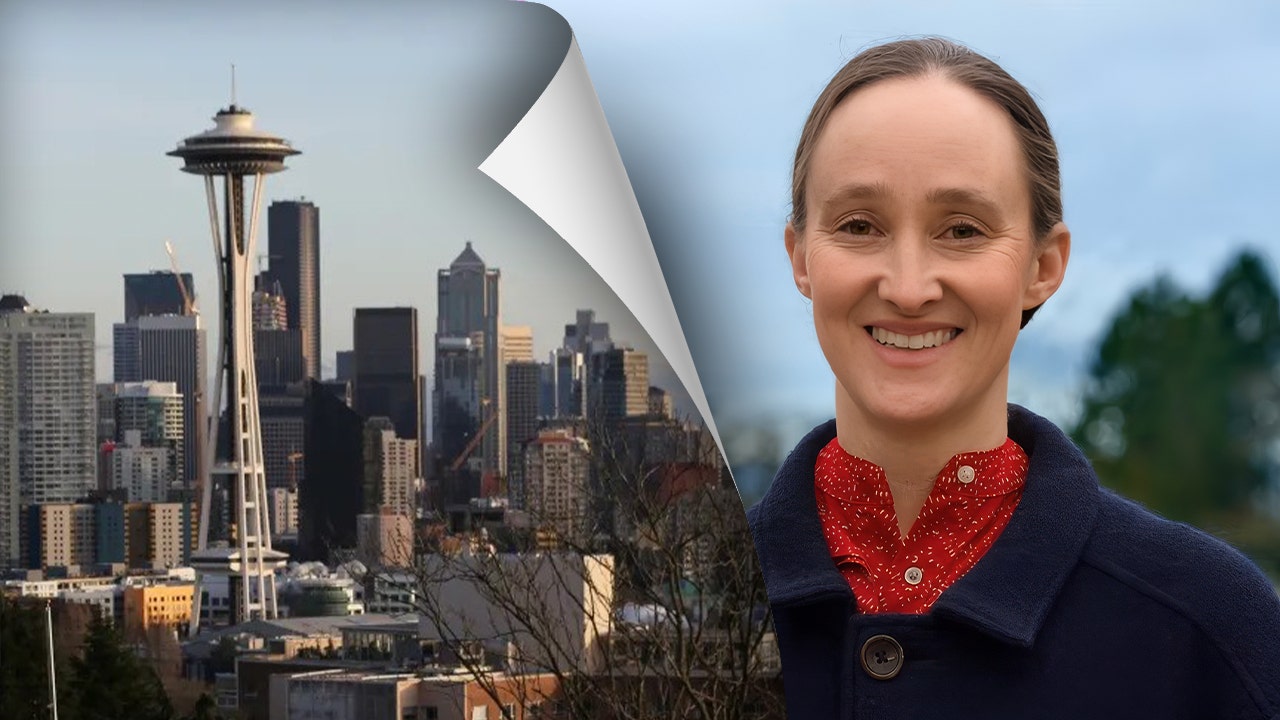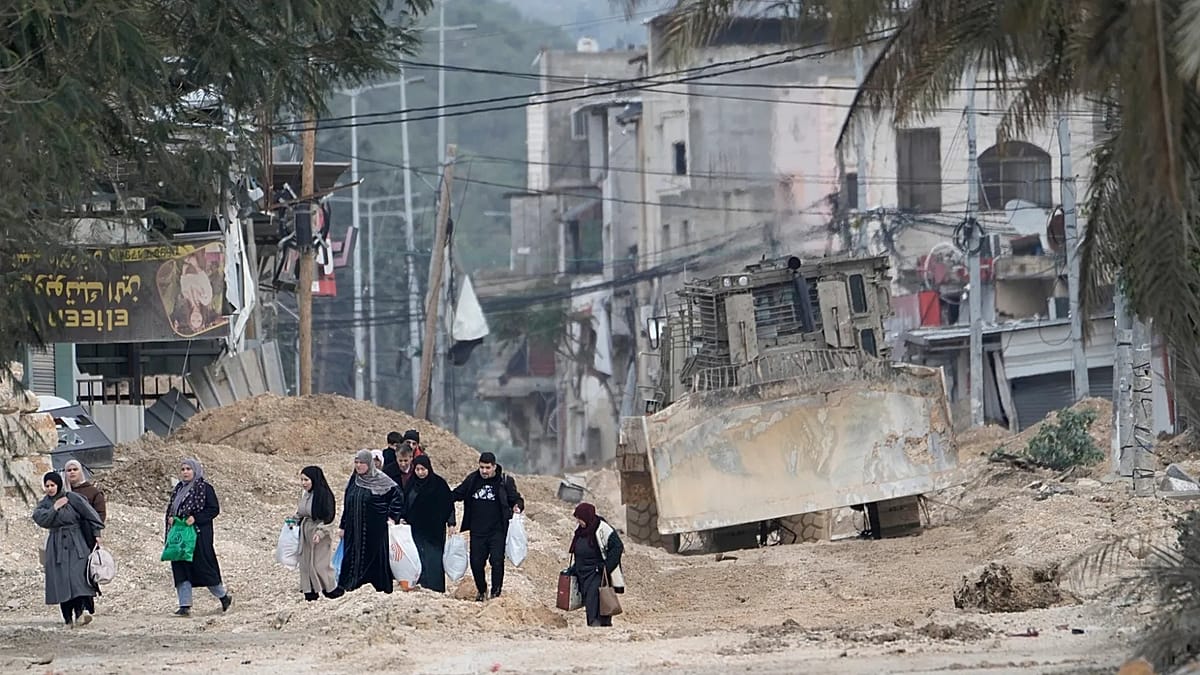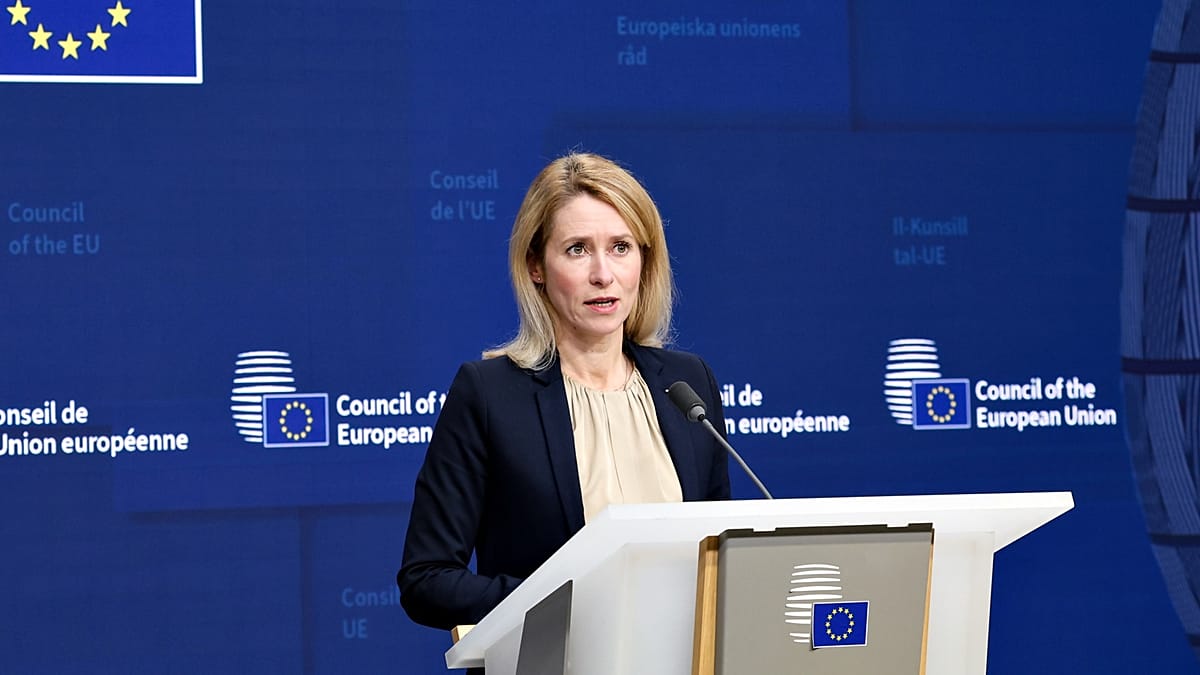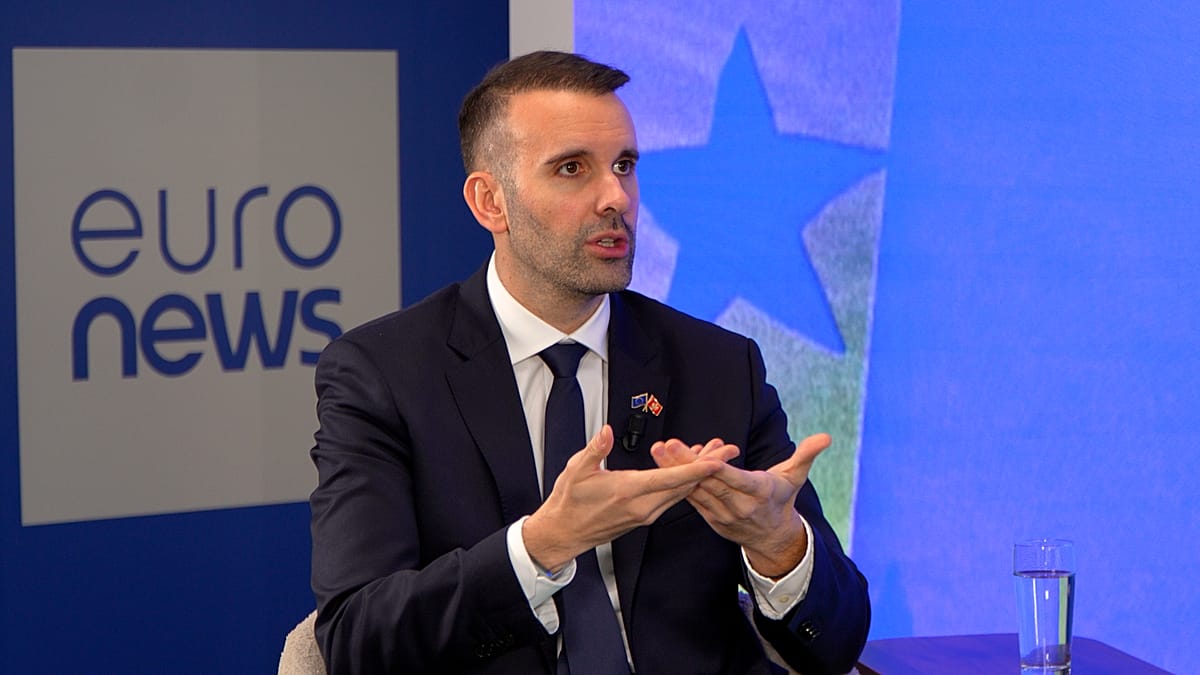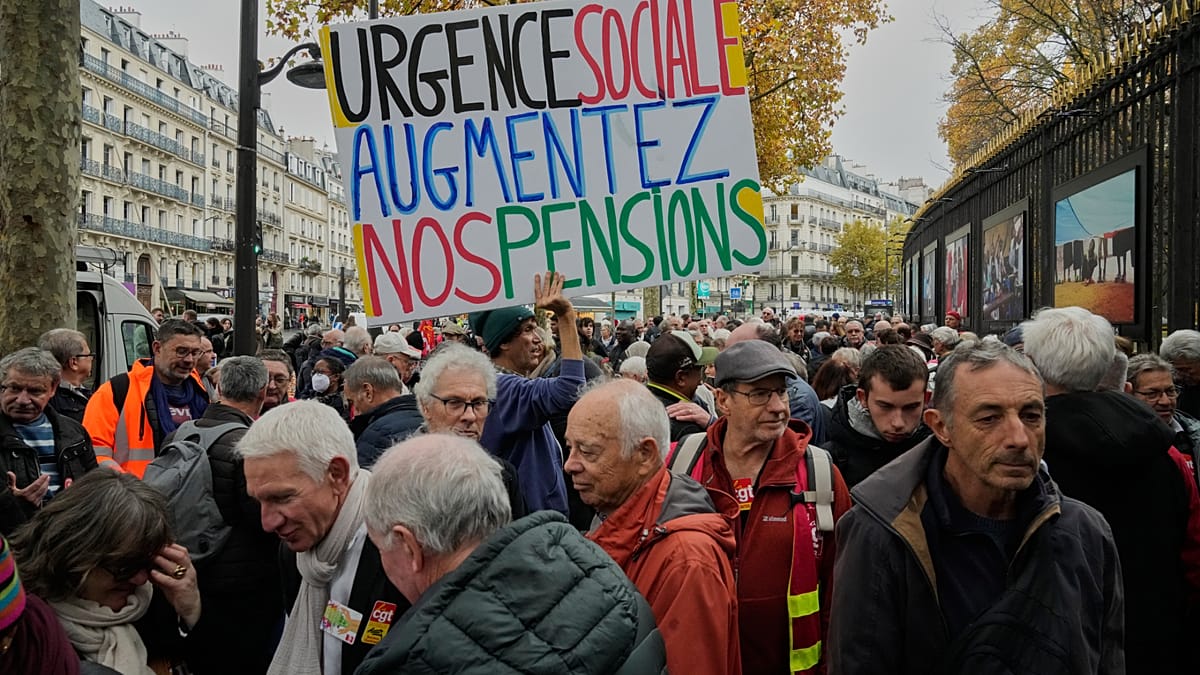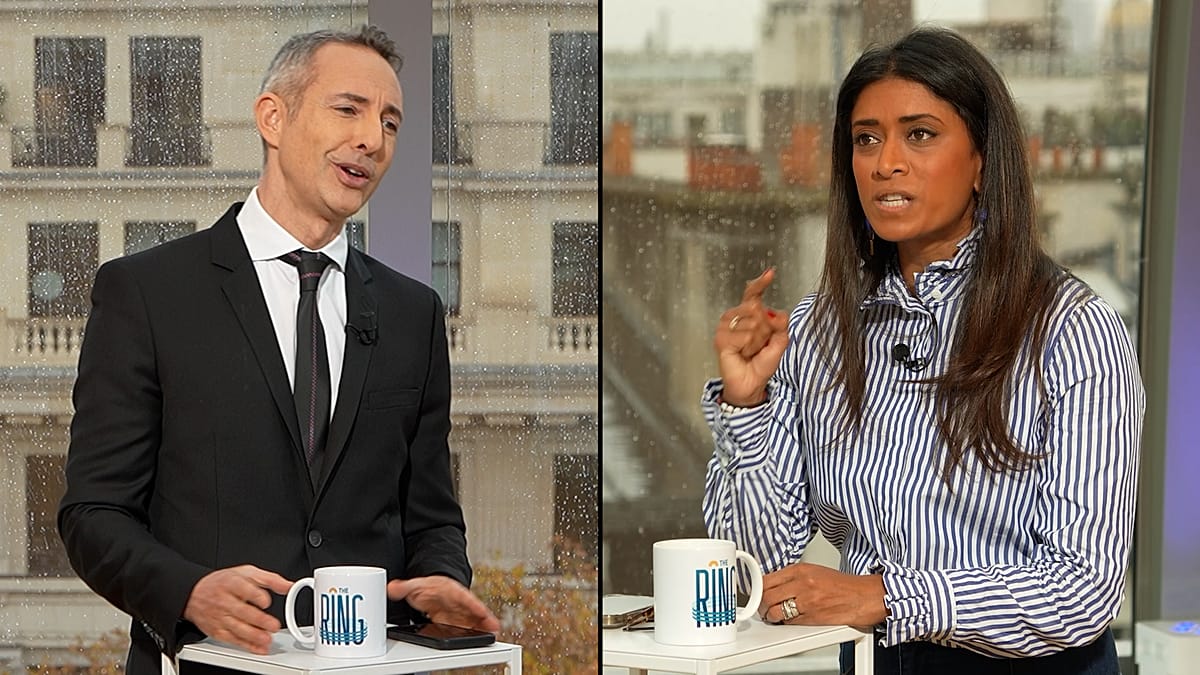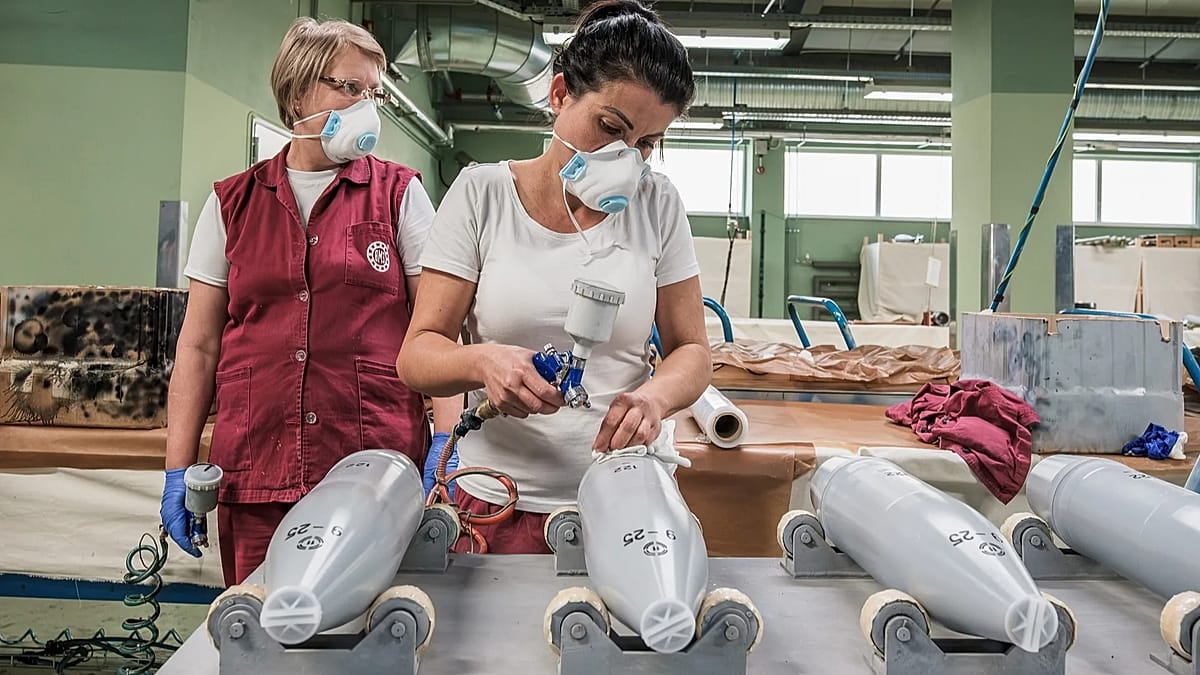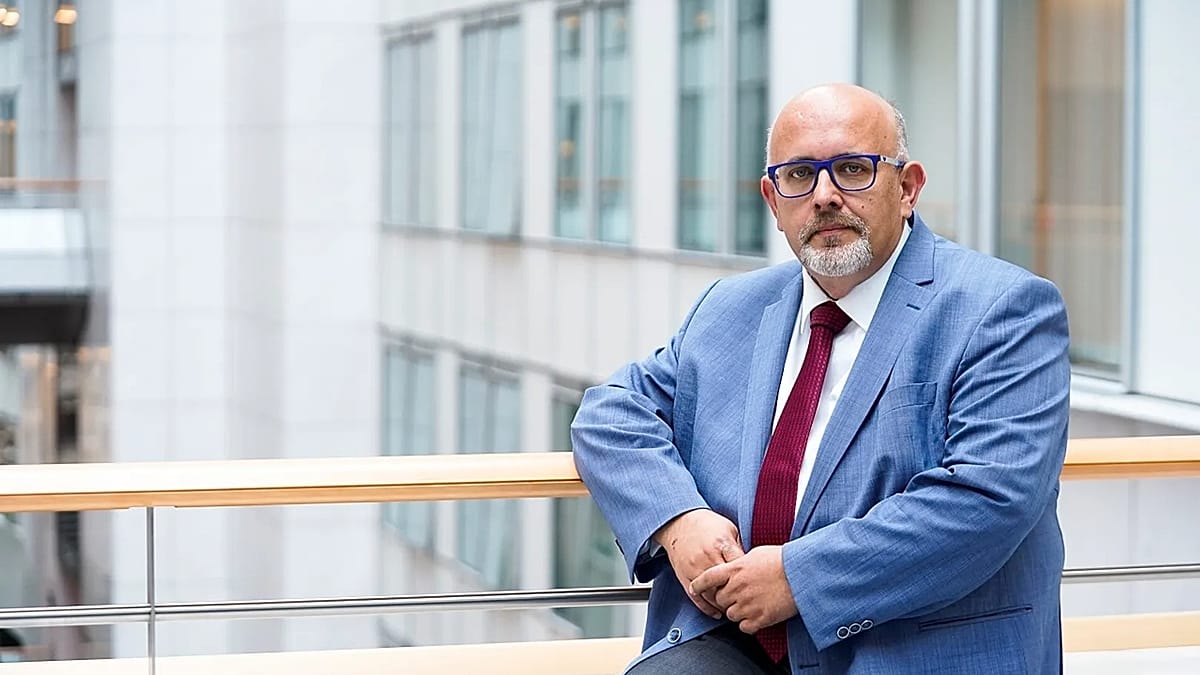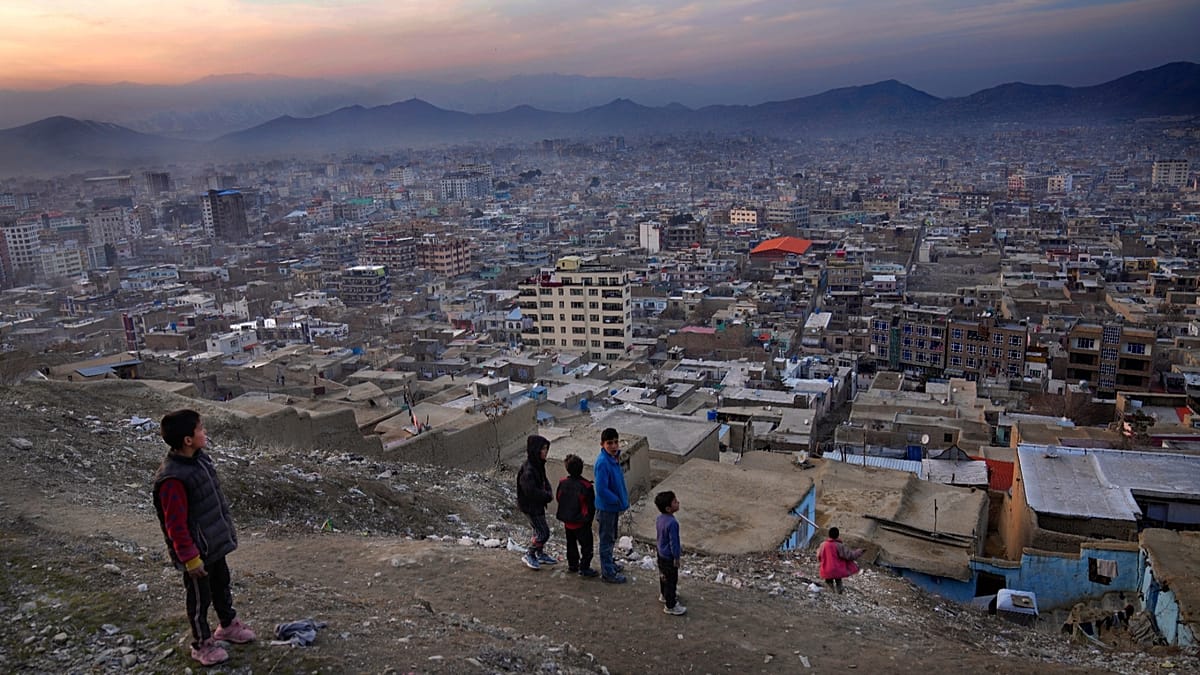Published on
The European Commission has confirmed an €82 million financial contribution to the Palestinian Authority after the first meeting of the Palestine Donor Group in Brussels. But the money had already been pledged by four EU member states: Germany, Luxembourg, Slovenia, and Spain – and despite the Commission’s efforts to engage with non-EU countries, the conference has yielded no other commitments.
The contribution will be channelled through “Pegase”, the Palestinian-European Socio-Economic Management and Assistance Mechanism, which links European disbursement to specific reforms and aims to control the final destination of the money.
The Palestine Donor Group was set up by the Commission to involve EU members and non-EU countries in financing economic recovery and stabilisation efforts in the West Bank.
Over 60 delegations from around the world took part in this week’s meeting, according to EU Commissioner for Mediterranean Dubravka Šuica, but they have failed to produce a concrete pledge of any new funding even though some countries showed interest in the mechanism, which Šuica said is “open to partners’ contributions”.
“Switzerland, New Zealand, Norway, Türkiye, which are not members of the European Union, are looking forward to their pledges to use this mechanism […] which is controlled and assures that money goes in the right place”, she told journalists at a press conference after the meeting.
Asked about the accusations that Palestinian authorities reward the families of Palestinians killed or imprisoned by Israel – an alleged practice that Israeli authorities describe as “pay for slay” – Commissioner Šuica said that “not a single euro of European money has been spent on these contested payments”.
The total amount pledged this year through the Pegase mechanism amounts to more than €88 million when earlier contributions from Finland, Ireland, Italy, and Spain are factored in. The Commission estimates the total EU support given to the Palestinian Authority since 1994 amounts to almost €30 billion.
‘Israel should be held responsible’
The Palestine Donor Group was co-chaired by Palestinian Prime Minister Mohammad Mustafa, who took the opportunity to condemn Israel’s occupation and what he considers “actions against the Palestinian government”.
Both Mustafa and Commissioner Šuica underlined the importance of releasing tax revenues that Israel collects on behalf of the Palestinian Authority, and which it has not transferred to Palestinians since last April.
“No government can sustain reforms if it is denied its own revenues. The current fiscal crisis is politically motivated. Israel’s withholding of Palestinian clearance revenues threatens salaries, service continuity, and stability in both Gaza and in the West”, Mustafa said.
The Palestinian Prime Minister also demanded that Israel be held accountable for war damages in the Gaza Strip.
“Israel should be held responsible for what happened, and they should contribute significantly, if not fully, to repairing the damage and contributing to the reconstruction effort,” he said.
Commissioner Šuica did not express her view on this point, despite being asked by Euronews.
She welcomed the US-led UN Security Council resolution of the Gaza peace plan “as a major step in advancing peace”, although it is not yet clear if the EU will have a seat at the Board of Peace it proposes.
The EU’s broader objective for the region remains a two-state solution for Israel and Palestine.

